Frequently Asked Questions
Our goal is to be as transparent and open about our services as possible by answering any questions you may have about the therapeutic process from beginning to end. Below is a list of frequently asked questions we receive. Feel free to contact us with any other questions you may have regarding our services, policies, or what to expect from counseling.
What is a consultation?
A consultation provides you the opportunity to ask questions, meet your potential therapist, learn about our services, and decide if you think we are the right therapist for you. In this consultation the therapist will give you their professional background experience, tell you who their ideal client is and how they will be able to serve you. The therapist will also ask for a brief description of your reason for seeking therapy now.
What is Couples therapy?
Couples therapy can address a wide range of relationship issues, including recurring conflicts, feelings of disconnection, an affair, issues related to sex, or difficulties due to external stressors (work, extended family issues, in-laws, grief/loss). Couples therapy can help you at any stage of your relationship, regardless of marital status, age, race, faith, or sexual orientation. Some forms of this therapy include marriage counseling, premarital counseling, and family therapy. It is typically a short-term form of therapy.
What is Family therapy?
Family therapy seeks to reduce distress and conflict by improving the systems of interactions between family members. While family therapists often seek to have all family members (affected by the problem) in the room, that is not always possible or necessary. What distinguishes family therapy from individual counseling is its perspective or framework, not how many people are present at the therapy session. This type of counseling views problems as patterns or systems that need adjusting, as opposed to viewing problems as residing in the person, which is why family therapy is often referred to as a strengths-based treatment.
“Family” is defined by the modern family therapist as anyone who plays a long-term supportive role in one’s life and doesn’t have to have blood relations, just live in the same household. Family relationships are viewed as important for good mental health, regardless of whether all family members are participating in the therapy. It is an ideal counseling method for helping family members adjust to an immediate family member struggling with an addiction, life transitions, medical issue or mental health diagnosis. It is also recommended for improving communication and reducing conflict.
How do I access my client portal?
Go to our website and click on Request Appointment. At the very top, click on sign in and enter your email linked to your account. You will receive a link that will give you direct access to patient portal.
What can I do with my client portal?
You have the advantage to book your appointment, review and download your information and review your billing statement. If you have any questions regarding your bill, please email info@wwillc.org.
Do I have to download anything for my appointment?
Only if you’re using a mobile device. If you don’t have a computer, you can download the Telehealth app on your Android or Apple phone to have access your appointment.
Can I utilized two services at once? (Hypnotherapy and group counseling or individual therapy and family therapy?
Yes you can.
What is a Good Faith Estimate?
Beginning January 1, 2022, health care providers were required by law to give self-pay clients a good faith estimate (GFE) of costs for services that are offered, when scheduling care or when the client requests an estimate. A Good Faith Estimate provides an estimate only of actual items, services, or charges for services. Self-pay clients may use the GFE to plan for expected charges listed on the good faith estimate.
What does insurance cover?
It depends on your individual policy and mental health coverage. We recommend your provider member phone number on the back of your insurance card and asking what your plan will and will not cover, if you have a co-payment and/or deductible and whether it applies to mental health, and if there are any limits that apply (i.e. number of visits per year, etc.). You are responsible for paying any amount the insurance company doesn’t pay which is why it’s a good idea to find out this information in the beginning so there are no surprises.
Why do I have to provide my credit/debit card information when I have insurance that covers my sessions?
We ask for this for three reasons: 1) there might be a copay, 2) there might be a deductible, 3) or worse case scenario we might have to charge a penalty fee when a client fails to show up to their appointment or cancels their appointment less than 24 hours prior. The latter can be prevented by either canceling your appointment via text, sending the clinician a personal message through patient portal or text if you are given their personal contact information, or contacting the office by phone 216-681-9264 or email info@wwillc.org. Please note that if you have Medicaid, you do not need to provide credit card information. Should you receive a credit card authorization form, please disregard.
How is counseling different from talking to a friend or loved one?
The important differences between counseling and talking to a friend or a loved one are that therapists and counselors receive extensive training on how to support people in their desire to change or grow personally. Counseling offers a space that is rare in our fast-paced society, in that, for about an hour each week you can focus on your experiences, thoughts and feelings, self-growth, goals, and actions. Another important difference is that counseling is confidential and provides you the opportunity to explore your life, work through hurt, pain and trauma, and build effective coping skills in a private, non-judgmental, and safe environment.
What does a therapy session look like?
Every therapy session is unique and tailored to the individual and will always include your needs, strengths, and goals. During the initial intake assessment, we will ask you questions about what brings you to therapy now, your therapy goals, and important background information. After that, our sessions will focus on the primary problems and concerns that brought you to therapy. This process is collaborative and we welcome feedback and dialogue in sessions about your experience, your progress, and your needs at any time throughout our work together.
How long will I be in counseling?
Counseling usually consists of weekly sessions with each session lasting 45 at minimum to 60 minutes. It can be short-term and focus on a specific issue or longer-term and address more complex issues or ongoing personal growth. In our experience, counseling generally lasts a minimum of 6 sessions and can be ongoing – depending on your goals and needs. Please be aware that it is your right to discontinue services at any time and you may also return to therapy for a new issue or check-in after you have discontinued counseling.
Insurance Information
In-Network Insurance
- Aetna (May not be able to accept Cleveland Clinic. Please contact contact your insurance provider to see if we’re in network with your plan)
- AmeriHealth Caritas
- Anthem Blue Cross/Blue Shield (Good News: We now accept Anthem from UH Employees. Bad News: We still do not accept Anthem Medicare)
- Buckeye Health
- CareSource
- Cigna
- Humana Behavioral Health
- Medicaid of Ohio
- Medical Mutual of Ohio/Cleveland Clinic (May not accept Metro Health. Please contact contact your insurance provider to see if we’re in network with your plan)
- Molina Healthcare of Ohio
- Optum
- Paramount
- Traditional
- United Healthcare
- UMR
We continually seek new insurances to accept so please call for an updated list of insurance we are in network with. Before booking with Alexandria Olosunde or Brittani Davis, please check out their page to see if your insurance is accepted.
Out-of-Network
For out-of-network reimbursement options, which is dependent on your benefits, we may provide you with monthly statements to submit to your provider. We also accept Visa, MasterCard, Discover, cash, and checks as forms of payment, including payment from Health Savings Accounts (HSA), Flex Spending Accounts (FSA) and EAP benefits. We also give a Good Faith Estimate for private pay clients upon request.
Uninsured/Self-Pay Clients
Good Faith Estimate
You have the right to receive a “Good Faith Estimate” explaining how much your medical and mental health care will cost.
Under the law, health care providers need to give patients who don’t have insurance or who are not using insurance an estimate of the expected charges for medical services, including psychotherapy services.
You have the right to receive a Good Faith Estimate for the total expected cost of any non-emergency healthcare services, including psychotherapy services. You can ask your health care provider, and any other provider you choose, for a Good Faith Estimate before you schedule a service.
If you receive a bill that is at least $400 more than your Good Faith Estimate, you can dispute the bill. Make sure to save a copy or picture of your Good Faith Estimate.
For questions or more information about your right to a Good Faith Estimate, visit www.cms.gov/nosurprises
If you have any questions regarding billing or insurance information, please contact Angel Washington at angel@consult2code.com
Service Fees

First 15 min are free. Please scroll to our FAQ session for more details.
$180.00 – Standardized Psychological assessments used to diagnose and provide treatment.
$70.00 for 30 minutes
$105.00 for 45 minutes
$140.00 for 60 minutes
Each session, including an intake will cost $150.00.
$65.00 – A questionnaire to help determine proper placement in care and support for overall wellness. A Lifestyle Manager will assist your goals.
- Individual: $2.00/ Minute
- Couple: $2.50/Minute
- Text: $0.50 per Text
It is important to communicate with us if you cannot show up to your appointments. Washington Wellness Institute has a three strike rule for late cancellations and no show appointments.
-
Failure to show up or cancel your appointment within 24 hours upon your appointment may result in a penalty fee of $50.00 out of pocket.
-
Canceling within less than two hours is $75.00.
-
No call or no show for up to 15 mins into your appointment time is $100.00.
After the fourth time, we will refer you out and close your account.
Emergency Sessions are doubled for any services we offer.
Let Us Be There For YOU.
Call today to schedule a free 15 min consultation or email us directly.


